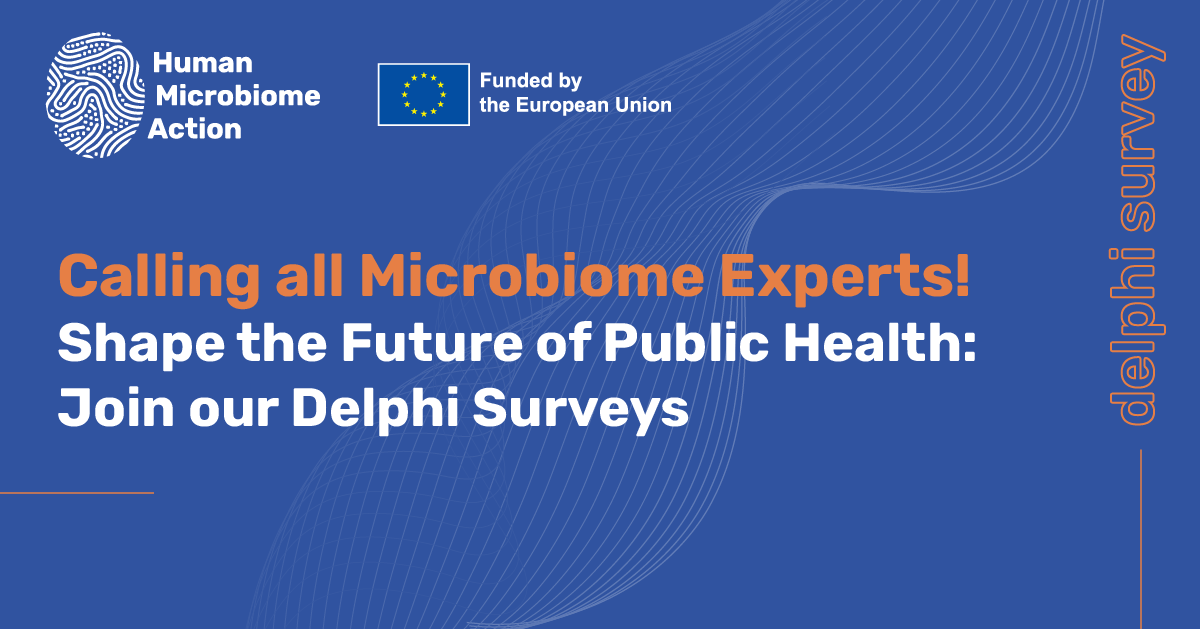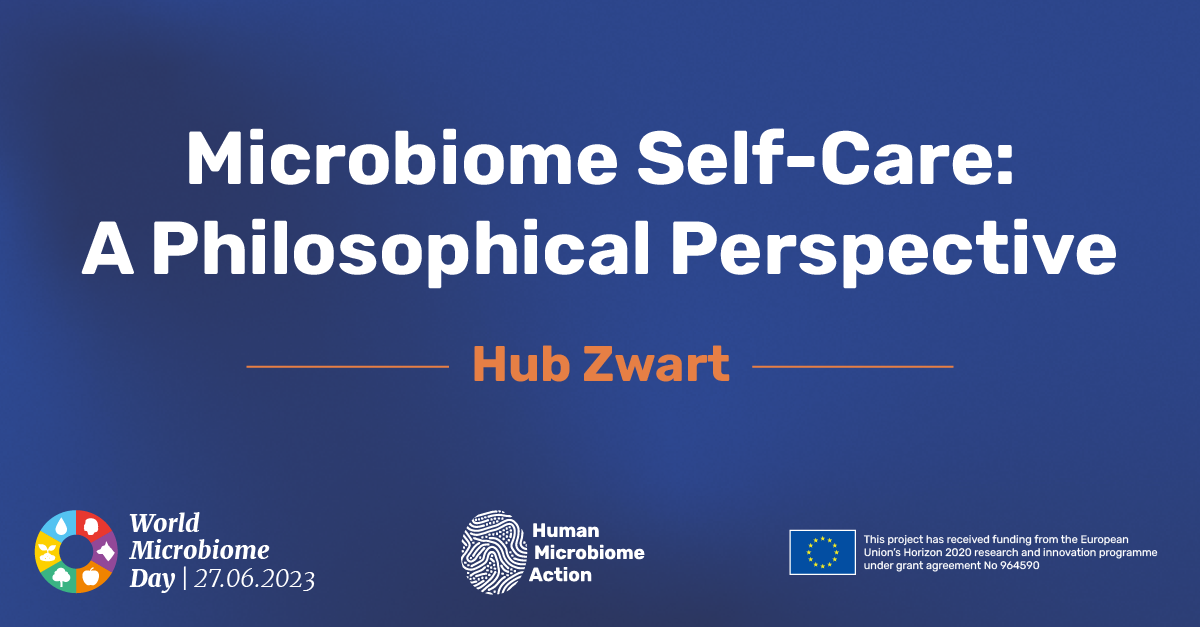Human Microbiome Action – Delphi Surveys
The Human Microbiome Action project harnesses the power of Delphi Surveys to gather expert opinions and drive progress towards consensus in microbiome research. Through five different questionnaires, the project addresses key topics in the field such as biomarker validation, preclinical models, and fecal microbiota transplantation. The outcomes of these surveys will be used further to create guidelines, recommendations, and white papers. For an overview of all Delphi Surveys during the Human Microbiome Action project please see below.
If you are interested in contributing to one topic, please reach out to the email address indicated and join us in shaping the future of microbiome science. Your expertise matters!
Delphi Survey 1: Consensus on Microbiome-based biomarkers validation process
- Round 1: Closed
- Round 2: Closed
- Target audience: Individuals with significant experience and knowledge in microbiome-based biomarker discovery and qualification, including researchers, healthcare professionals, government institutions and private companies involved in microbiome research and development.
- Email: DELPHI@pharmabiotic.org
Delphi Survey 2: Microbiome for medical doctors and clinicians
- Round 1: Closed
- Round 2: Closed
- Target audience: Clinicians with significant experience and knowledge in the human microbiome, stakeholders in medical micro-biotherapy
- Email: joel.dore@inrae.fr; cc: zahra.hassani@kpl-paris.com
Delphi Survey 3: Preclinical models in microbiome research: How to prove causality & therapeutic inference
- Round 1: Closed
- Round 2: Closed
- Target audience: Researchers, academics and experts with significant experience and knowledge in preclinical models (animal models, culture models, organoids, etc.).
- Email: DELPHI.preclinical.models@kpl-paris.com
Delphi Survey 4: Faecal Microbiota Transplantation trials: What is the minimum set of outcomes to measure when assessing the effect on the microbiome
- Round 1: Closed
- Round 2: Closed
- Target audience: Medical doctors, healthcare professionals and experts with significant experience and knowledge in faecal material transfer or working with the human microbiome.
- Email: DELPHI.FMT.outcomes@kpl-paris.com
Delphi Survey 5: Minimal requirement for clinical metadata and sample processing in microbiome clinical studies
- Round 1: Closed
- Round 2: Closed
- Target audience: Clinicians, Regulatory Authorities, Industry, Clinical Research Organisations
- Email: DELPHI.microbiome.metadata@kpl-paris.com
What is a Delphi questionnaire?
The Delphi Survey technique is a powerful tool designed to extract expert opinions through a structured and iterative questionnaire process. It offers a flexible approach to gathering insights from across various domains. Participants can engage in the process via an online platform.
By employing an anonymous and iterative process, Delphi Surveys encourage participants to express their opinions freely without being influenced by others. As the survey progresses, the range of answers tends to narrow, allowing the group to converge toward a more refined and considered consensus, often seen as the “correct” answer.
The Delphi Surveys conducted during the Human Microbiome Action project consist of a two-round process. Each participant is asked to participate in both rounds.
The initial questionnaire invites participants to individually generate as much input as possible on the topic discussed, seeking their insights on specific developments.
In the second questionnaire, all ideas and feedback submitted during the first round are anonymously shared with all participants. This stage allows experts to refine their initial ideas, comment on their strengths and weaknesses, and propose new concepts, ensuring a more comprehensive exploration of the topic.
The final product of the Delphi Survey may result in a consensus among participants regarding likely and possible future developments. Alternatively, it may present a broad spectrum of potential outcomes, along with their relative strengths and weaknesses. Regardless of the outcome, the Delphi Survey offers valuable insights that can inform decision-making and strategic planning processes.



